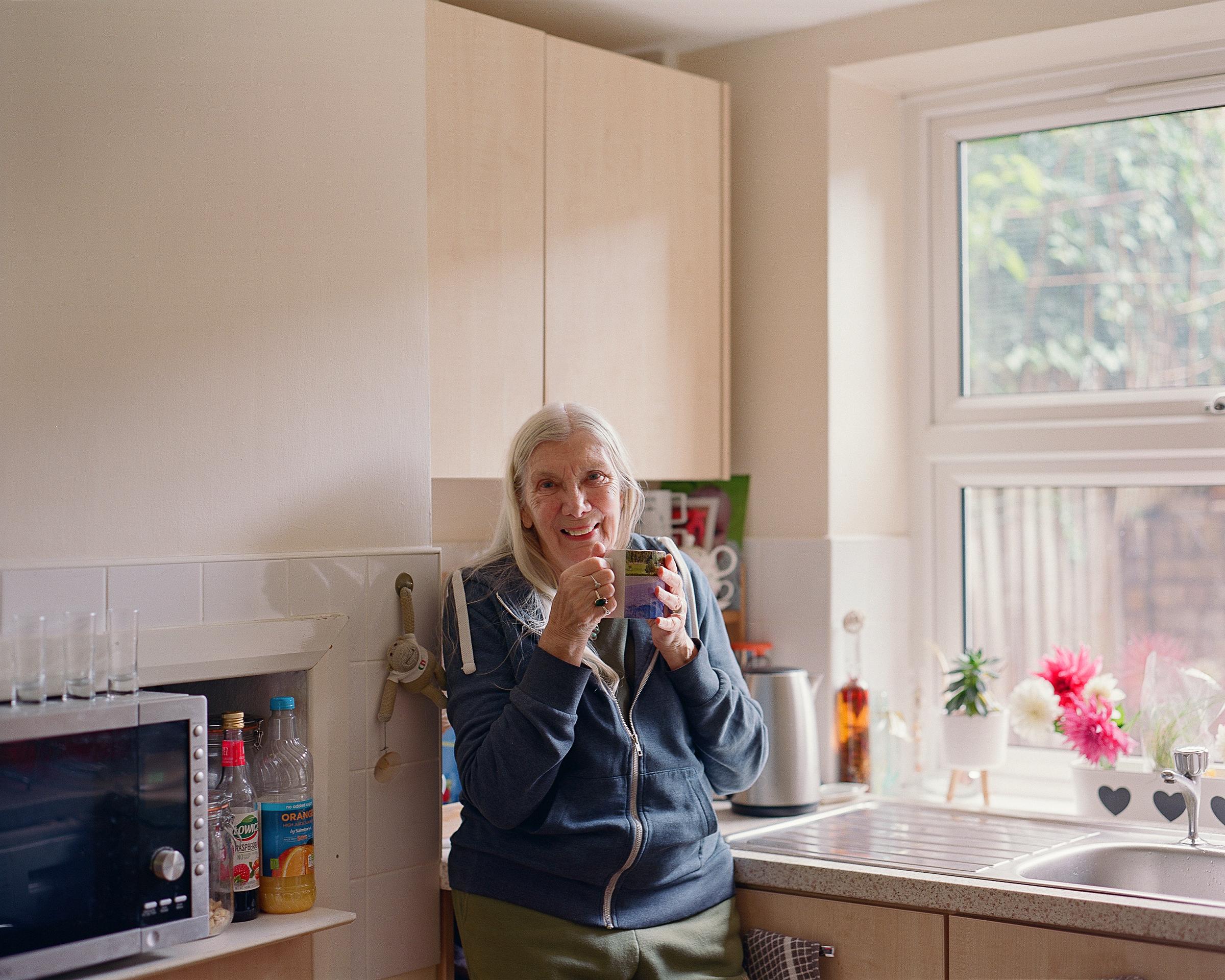The market potential for Smart Homes
Smart Homes technology offers the prospect of significant improvements in living standards for older or disabled people who are heavily reliant on home care.
However, the benefits of home automation for this group can only be realised if a broader consumer market develops — improving both the availability and affordability of technology.
To explore this, the Joseph Rowntree Foundation commissioned the Consumers' Association to conduct preliminary research into whether there is a potential mass market for Smart Homes technology. The research surveyed consumers' interest in the concept and involved interviews with relevant experts to establish their views on the prospects for Smart Homes. The survey indicates that — although views about the appeal of Smart Homes are mixed — there is significant underlying public interest in the concept that could be unlocked at the right price. Furthermore, changes on the horizon could stimulate future building activity; these include scale economies from the American market, technological advances, and interest from the consumer electronics industry.
With the infant Smart Homes and other associated high-technology markets changing so rapidly, any predictions for their future development remain uncertain. Nevertheless, this research does suggest that a consumer market for Smart Homes technology — or variants of it — could develop.
Downloads

This report is part of the housing topic.
Find out more about our work in this area.